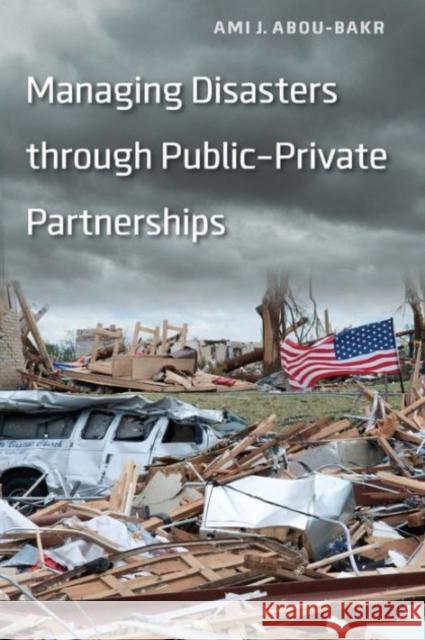Managing Disasters through Public-Private Partnerships » książka
Managing Disasters through Public-Private Partnerships
ISBN-13: 9781589019508 / Angielski / Miękka / 2013 / 248 str.
The terrorist attacks of September 11, 2001, and Hurricane Katrina in August 2005, generated a great deal of discussion in public policy and disaster management circles about the importance of increasing national resilience to rebound from catastrophic events. Since the majority of physical and virtual networks that the United States relies upon are owned and operated by the private sector, a consensus has emerged that public-private partnerships (PPPs) are a crucial aspect of an effective resilience strategy. Significant barriers to cooperation persist, however, despite acknowledgment that public-private collaboration for managing disasters would be mutually beneficial. Managing Disasters through Public-Private Partnerships constitutes the first in-depth exploration of PPPs as tools of disaster mitigation, preparedness, response, and resilience in the United States. The author assesses the viability of PPPs at the federal level and explains why attempts to develop these partnerships have largely fallen short. The book assesses the recent history and current state of PPPs in the United States, with particular emphasis on the lessons of 9/11 and Katrina, and discusses two of the most significant PPPs in US history, the Federal Reserve System and the War Industries Board from World War I. The author develops two original frameworks to compare different kinds of PPPs and analyzes the critical factors that make them successes or failures, pointing toward ways to improve collaboration in the future.This book should be of interest to researchers and students in public policy, public administration, disaster management, infrastructure protection, and security; practitioners who work on public-private partnerships; and corporate as well as government emergency management professionals and specialists.











